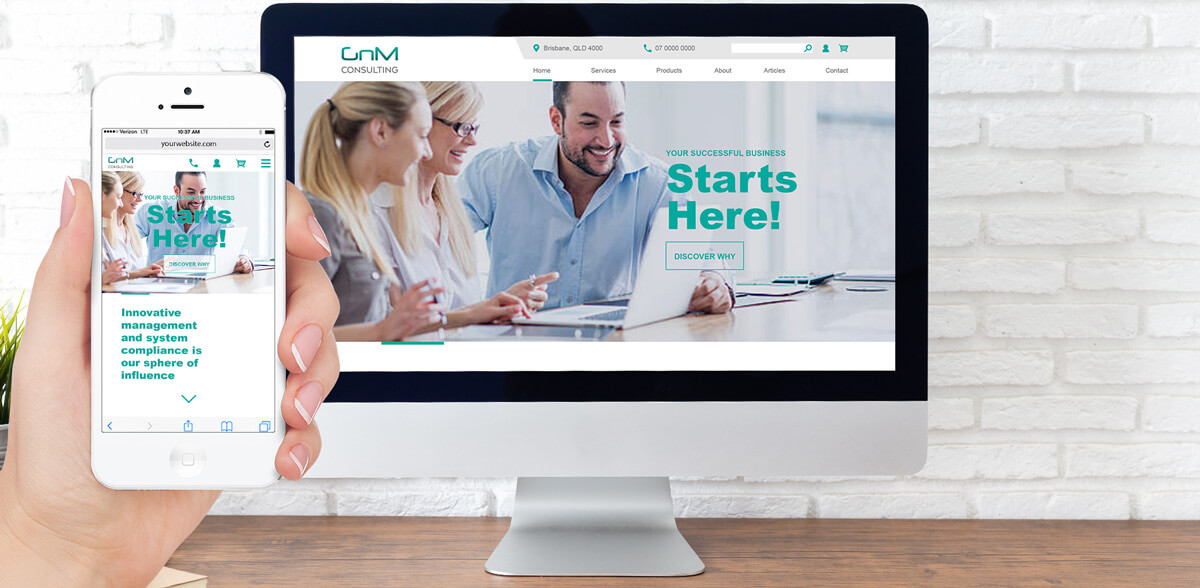Step 1 | Choose a professional Website Developer (hint, hint!)
This is optional of course, but highly recommended if you would like:
- a professional website that is customised to your business requirements and brand,
- help with ALL the steps to build your website!
Step 2 | Register a Domain Name
A domain name is a unique website address used to locate your website online, for example, www.purodesign.com.au. You must register your domain name with a Domain Name Registrar and renew it every year. You can find and register your domain name through Puro Design.
Step 3 | Build a website design brief
Every design project should start with a design brief and a website is no different. A design brief outlines the core details and expectations of the website, including the main purpose of the website, any functions and aesthetic elements, as well as timing and budget. A good design brief sets the tone for a successful website. You can build your website design brief with Puro Design.
Step 4 | Plan your website structure/sitemap
Step 5 | Choose a suitable & reputable website platform
Step 6 | Setup suitable email & website hosting
Step 7 | Setup your payment gateway
(For taking payments online only)
Step 8 | Write your content
Step 9 | Source your images
Step 10 | Prepare your legal notices & policies
Privacy legislation now requires ALL Australian websites to have a Privacy Policy statement if they collect any customer or website visitor information such as email addresses, physical addresses, telephone numbers or credit card numbers, etc. So even if you have a basic Contact Form on your website you MUST have a Privacy Policy.
If you market to UK or EU residents you will need a GDPR Compliant Privacy Policy. GDPR is a set of UK and EU regulations that require businesses to protect the personal data and privacy of UK and EU residents. These regulations apply to ALL businesses that market to UK or EU residents – no matter where the business is based!
We highly recommend that ALL online businesses have the following 3 legal notices to protect themselves:
- Privacy Policy – To explain how you use, store and update customer and visitor personal information.
- Website Disclaimer – To limit your liability from the information you publish and to protect your Copyright.
- Terms & Conditions – To state the terms under which you do business, including delivery, return and refund policies. The latest Australian Consumer Law now requires this.
